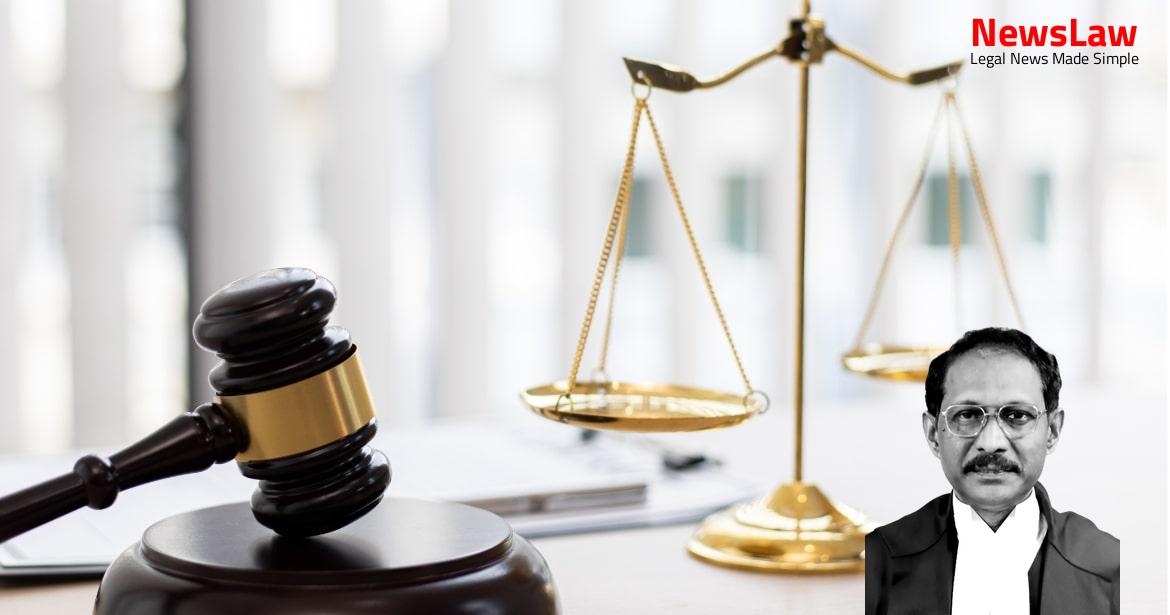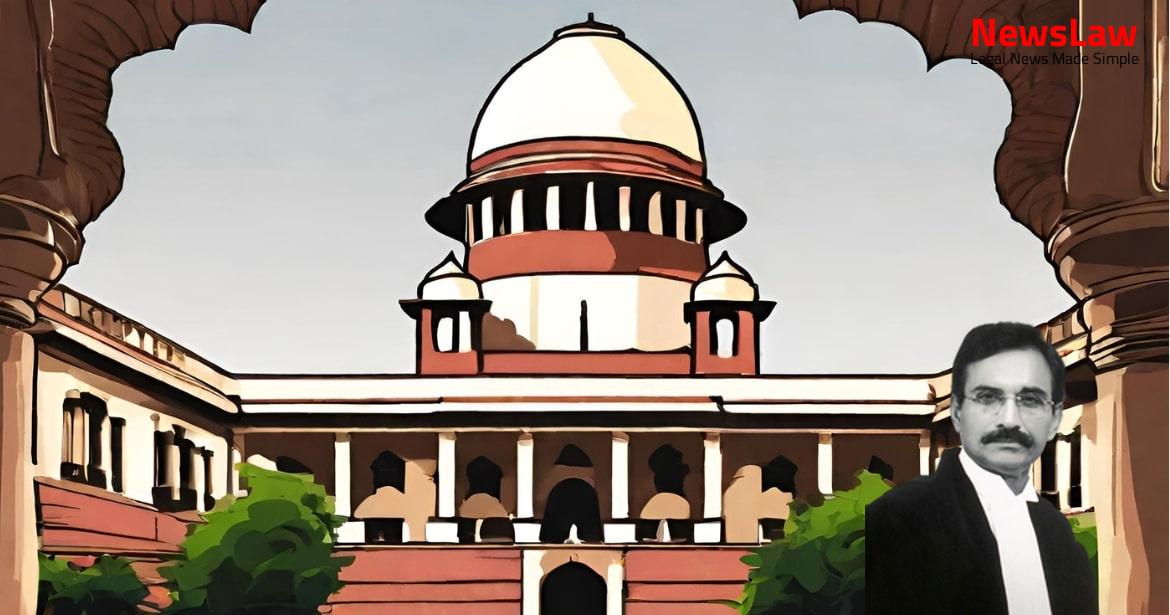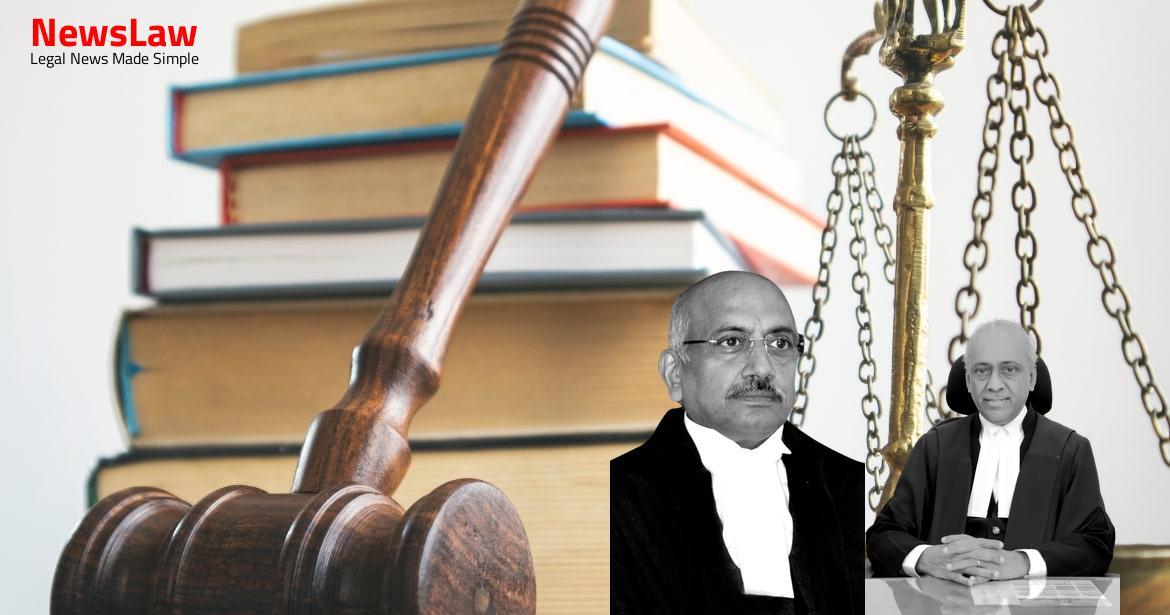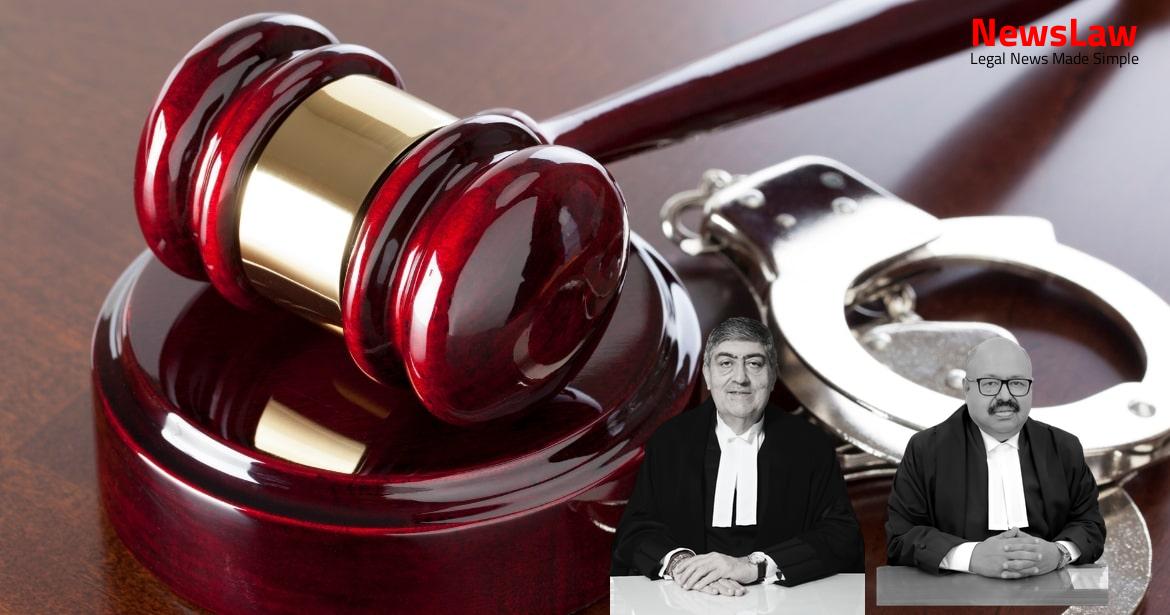194 OF 2017 JOSEPH SHINE Petitioner(s) VERSUS UNION OF INDIA Respondent(s) WITH MISCELLANEOUS APPLICATION NO.
(4) The reasons which have driven the applicant to seek the clarification are as follows: It is the case of the applicant that this Court has undoubtedly proceeded to find Section 497 of the Indian Penal Code, 1860 (hereinafter referred to as ‘IPC’ for brevity) as unconstitutional as it offended Articles 14, 15 and 21 of the Constitution 2 of India.
Power of Parliament to modify the rights conferred by this Part in their application to Forces, etc.— Parliament may, by law, determine to what extent any of the rights conferred by this Part shall, in their application to,— (a) the members of the Armed Forces; or (b)the members of the Forces charged with the maintenance of public order; or (c)persons employed in any bureau or other organisation established by the State for purposes of intelligence or counter intelligence; or (d)person employed in, or in connection with, the telecommunication systems set up for the purposes of any Force, bureau or organisation referred to in clauses (a)to (c), be restricted or abrogated so as to ensure the proper discharge of their duties and the maintenance of discipline among them.” (6) It is the case of the applicant that the 3 impression has been generated and is sought to be perpetuated that in the light of the judgment of which the clarification is sought, nothing more would survive even if a case is made otherwise under relevant provisions of the Acts in question.
Madhvi Divan, learned Additional Solicitor General, who appears on behalf of the applicant, drew our attention, as an illustration, to the following provisions of the Army Act, 1950 (hereinafter referred to as ‘1950 Act’ for brevity). Subject to the provisions of section 70, any person subject to this Act who at any place in or beyond India commits any civil offence shall be deemed to be guilty of an offence against this Act and, if charged therewith under this section, shall be liable to be tried by a court-martial and, on conviction, be punishable as follows, that is to say,- (a) if the offence is one which would be punishable under any law in force in India with death or with transportation, he shall be liable to suffer any punishment, other than whipping, assigned for the offence, by the aforesaid law and such less punishment as is in this Act mentioned; and (b) in any other case, he shall be liable to suffer any punishment, other than whipping, assigned for the offence by the law in force in India, or imprisonment for a term which may extend to seven years, or such less punishment as is in this Act mentioned.
(10) She would immediately point out that in the light of the judgment of this Court in Joseph Shine 5 (supra), since Section 497 IPC has been struck down as unconstitutional and it being a civil offence within the meaning of Section 69 of the 1950 Act, it may not be open to the authorities to proceed against an officer under Section 69. The obstacle for the authorities invoking Sections 45 and 63 of the 1950 Act as also the corresponding provisions in the other two Acts will ultimately result in a situation where, in the sensitive Forces, which the Armed Forces are, it would engender and breed rank indiscipline. The Court it is contended was 7 distressed by the resort to values of a bygone era [the Victorian era] and the considerations which persuaded this Court to hold Section 497 IPC as unconstitutional are not germane for the purposes of deciding on the validity or the legality of actions taken under Sections 45 and 63 of the 1950 Act. In other words, any act or omission which is not specified in the Act and is found to be prejudicial to good order and military discipline would invite action under Section 63. Madhavi Divan, learned Additional Solicitor General, would submit that this Court may, at least, clarify that the judgment of this Court was not concerned with and does not deal with the provisions in question under the Acts. The Court notices that the applicant therein was seeking the following prayers: “(a) Modify the judgment dated 31.08.2021…to the extent that the Applicant may demolish a part of tower T- 17 as stipulated in paragraph 6 hereinabove; (b) Pass an order of status quo in respect of Towers 16 & 17 in Emerald Court, Plot No. Gurdip Singh Uban and Others (2000) 7 SCC 296: “In successive decisions, this Court has held that the filing of applications styled as “miscellaneous applications” or “applications for clarification/modification” in the guise of a review cannot be countenanced. The Court may either dismiss the petition or direct notice to the opposite party….” In case notice is issued, the review petition will be listed for hearing, after notice is served.
By describing an application as one for “clarification” or “modification”, — though it is really one of review — a party cannot be permitted to circumvent or bypass the circulation procedure and indirectly obtain a hearing in the open court. It was found undoubtedly in the facts of the said case that the application sought substantive modification of the judgment. A judicial pronouncement cannot be subject to modification once the judgment has been pronounced, by filing a miscellaneous application. Filing of a miscellaneous application seeking modification/clarification of a judgment is not envisaged in law. Kaleeswaram Raj, learned counsel for the original petitioner, very fairly submits that, the fact that Section 497 IPC has been struck down may not stand in the way of the authorities proceeding 15 against the officer with the aid of the provisions contained in Section 45 of the 1950 Act.
Justice Dipak Misra, former Chief Justice of this Court, and with whom, Hon’ble Mr. This Court has found that adultery may be a moral wrong (per Hon’ble Ms. Union of India (2019) 3 SCC 39 was not at all concerned with the effect and operation of the relevant provisions in the Acts which have been placed before us by the applicant. (27)
The miscellaneous application stands disposed of.
Also Read: https://newslaw.in/case-type/criminal/dereliction-of-duty-and-grave-lapses-a-legal-analysis/
[ HRISHIKESH ROY ]…………………………………………, J.
Case Title: JOSEPH SHINE Vs. UNION OF INDIA SECRETARY (2023 INSC 87)
Case Number: MA-002204 / 2020



